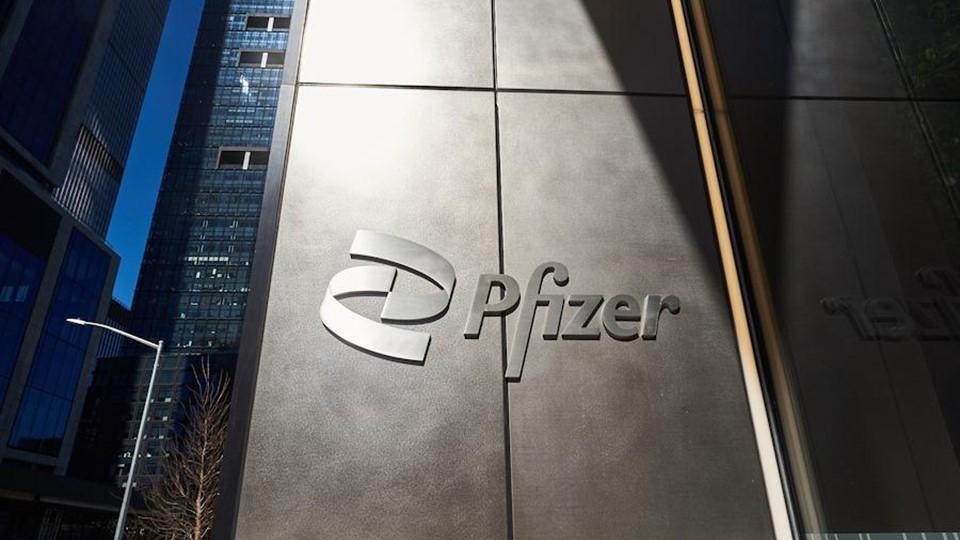Pfizer selects once-daily GLP-1 for its obesity push

Pfizer is advancing on a broad front in its attempt to catch up with Novo Nordisk and Eli Lilly in the obesity drug category – but has now decided on a lead candidate.
The company said that, based on a pharmacokinetic study, it has plumped for a once-daily, modified-release formulation of GLP-1 agonist danuglipron that will start dose optimisation studies later this year.
While it is still a long way behind its rivals, Pfizer said it has decided that the once-daily version of danuglipron could still be a player in the market, which has a long list of candidates in clinical trials trying to chase down the current crop of injectables led by Novo Nordisk’s Wegovy (semaglutide) and Lilly’s Zepbound (tirzepatide).
According to the group’s soon-to-depart chief scientific officer, Mikael Dolsten, Pfizer has a “robust pipeline” of three clinical and several preclinical candidates. While danuglipron has shown good efficacy in a twice-daily formulation in phase 2b testing, “we believe a once-daily formulation has the potential to have a competitive profile in the oral GLP-1 space,” he said.
Pfizer revealed in December that it had decided to drop the twice-daily version, after seeing rates of discontinuation with the drug above 50% in clinical testing, despite weight loss ranging from 8% to 13% at 32 weeks. The most common tolerability issues were nausea, vomiting, and diarrhoea.
Before that, it dropped the development of another oral GLP-1 called lotiglipron, after finding a signal that it may cause liver toxicity in some patients.
It had been planning to start a phase 3 programme for twice-daily danuglipron before the end of this year. Now, the aim is to complete the dose-optimisation studies for the once-daily formulation as quickly as possible – with a target of the first quarter of 2025 – to allow registration trials to get underway later that year.
There’s no denying that Pfizer’s decision to press on is something of a gamble, given the lead held by others in the oral GLP-1 agonist category.
Both Novo Nordisk and Lilly are working on orally active therapies to expand their obesity portfolios. Lilly said in June that its orforglipron candidate achieved a near-15% weight loss after 36 weeks in a mid-stage trial.
Novo Nordisk, meanwhile, has reported phase 3 results for its oral semaglutide – already approved as Rybelsus for type 2 diabetes and with a filing in obesity due this year – and it also has early-stage results for a next-generation candidate called amycretin.













